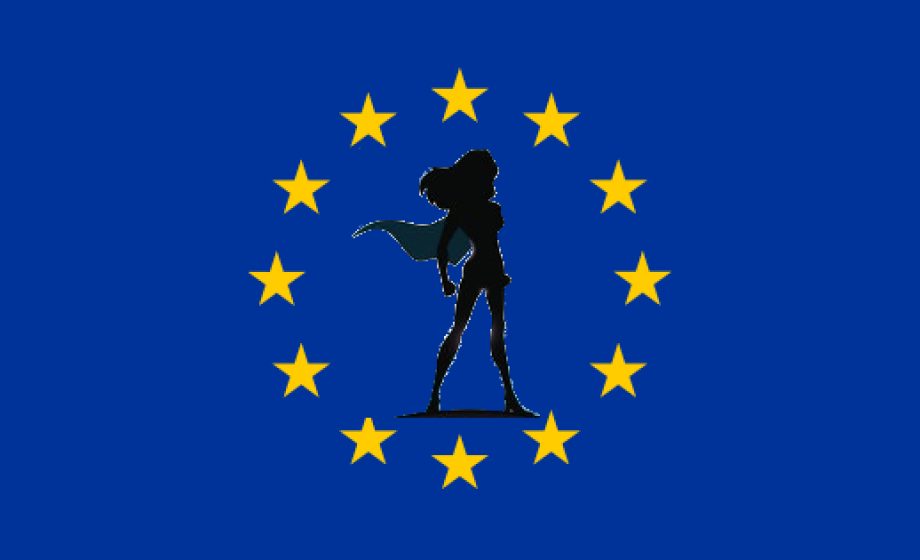Making predictions are hard, especially about the future. I may be underestimating the time horizon, but for me the trend is unmistakable. The European entrepreneurial ecosystem is poised to enter the major leagues, and I predict that this will happen in 2016.
Our vieux continent already boasts a burgeoning collection of tech unicorns, with the Nordics and the UK leading the way. But a handful of billion-dollar private companies does not a major-leaguer make. They’re precursors to something even greater: international recognition as a legitimate farm system of innovation.
Foreign institutional capital will flow. Global tech giants will discover the value of young innovative European targets for acquisition or partnership. Overseas startups will realize the appeal of European markets, and growing firms will witness measurable success when they prioritize the Continent in their development.
Articles like this one in the Washington Post suggest I may be taking an overly contrarian position. However, it feels like 2016 is going to be a breakout year for Europe because several catalyzing factors are converging:
- There has a been a proliferation of venture funding, especially at the early stages. In the first three quarters of 2015, European companies raised €8.8 billion in VC funding, an increase of almost 40% from 2014.
- European governments are dedicating efforts (even if sometimes clumsily) to fostering their own startups ecosystems.
- Hubs of innovation excellence are emerging (London for FinTech, Amsterdam for mobile apps, Paris for ad-tech, etc.), which in turn form concentrations of talent and a virtuous cycle of creativity.
- Western European markets are mature: consumers possess high disposable income and an appreciation for quality products and services.
- Moreover, consumers in these markets are increasingly connected, with near universal smartphone penetration and reliable broadband networks. Even in the physical realm, high-speed train networks and Schengen rules facilitate the movement of talent and knowledge.
- National boundaries are falling (in contradiction to the political rhetoric of fear). More companies will follow leaders like Leetchi, a French startup which established MangoPay in Luxembourg, or Estonia-born TransferWise which relocated to the UK to scale and now represents one of the heavyweights of global FinTech.
- Capital sources are evolving and emerging. Crowdlending alternatives now address a small business credit need that traditional banks couldn’t service. A new generation of VC funds with a tolerance for risk are replacing the old guard of GARP funds (growth at reasonable prices), conservative ex-bankers, and tax vehicles of spurious performance incentives.
- A pool of high-calibre graduates from any of the abundantly stellar universities across the Continent possessing advanced skills relevant to the new digital economy are available, thanks (ironically) to the high youth unemployment levels.
Europe’s moat: its rich diversity
In addition to these contributory factors, I believe that Europe possesses a unique and sustainable competitive advantage over other regions of the world: the proximity of richly diverse yet still sufficiently similar cultures. When it comes to innovation, diversity of thought is a secret weapon. The best tech startups tap into this well of diversity by building complementary, multicultural teams. A European startup can hire a programmer from Paris, an app designer from Amsterdam, a technical officer from Talinn, a business developer from Berlin, a salesperson from Stockholm, and an operations VP from Oslo. A European startup can also test the waters for an international rollout in its own backyard.
Companies are no longer defined by national boundaries. Europe possesses all the ingredients to harvest the next generation of the innovative enterprise.



